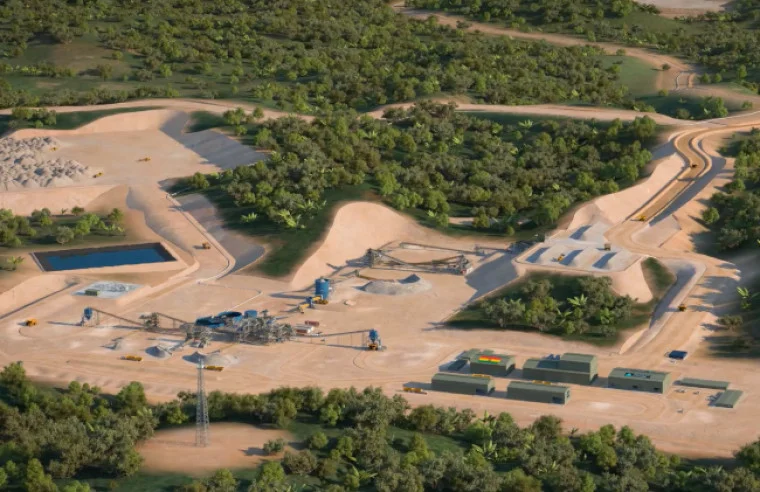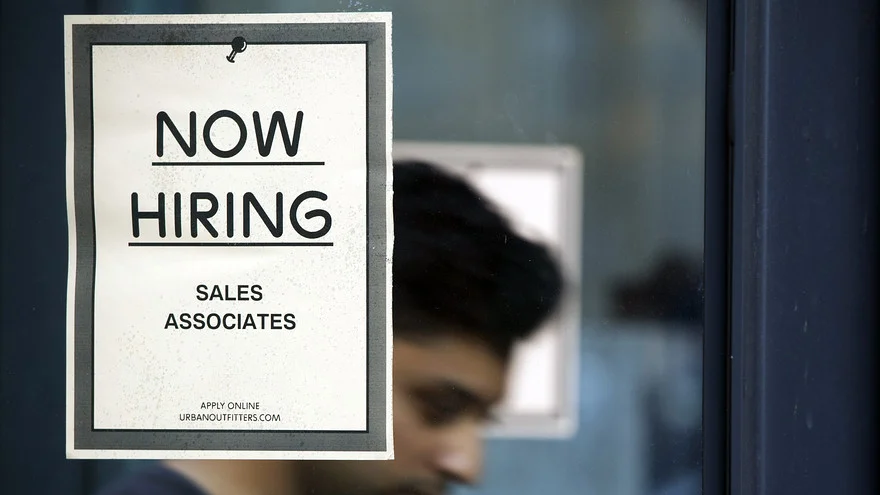Atlantic Lithium, listed on the ASX, AIM, and Ghana Stock Exchange, has secured all necessary permits to begin construction on its Ewoyaa lithium project in Ghana’s Central Region.
Executive Chairman Neil Herbert shared with Arthur Tassell that the next steps hinge on parliamentary ratification of the mining lease and securing project funding.
Located 100 km southwest of Accra near Saltpond, the site benefits from the sealed N1 highway connecting Accra, Cape Coast, and Takoradi’s deep-sea port, 110 km west.
Nearby high-voltage power lines also ensure easy grid access, making it a well-supported location.
A Milestone for Ghana’s Mining Industry
While not West Africa’s first lithium mine—trailing recent starts in Mali—Ewoyaa will be Ghana’s pioneer, diversifying its gold-dominated mining sector.
At full capacity, it could rank among the world’s top hard-rock spodumene concentrate mines. The project spans eight deposits and has made significant permitting strides, including a Mine Operating Permit, Land Use Certificate, and a Water Use Permit for the Ochi-Amissah River.
However, Herbert notes that the 2024 election year delayed parliamentary sessions, pushing ratification back.
He’s optimistic about the new government’s energy and support, citing improved engagement with ministers.
Path to Production and Economic Impact
The project’s definitive feasibility study (DFS) outlines a $185 million capex for a 12-year mine life, producing 3.6 million tons of concentrate.
It promises low costs—$377/t C1 Cash Operating Cost and $675/t All-in Sustaining Cost—making it competitive globally.
Mining will use conventional open-pit methods with 100-t to 200-t excavators and 90-t to 150-t dump trucks, processing ore in a 2.7 Mtpa plant for 5.5% to 6% spodumene concentrate.
A flotation circuit could add value by processing 4.7 million tons of low-grade fines, though a planned modular plant was shelved due to low lithium prices.
Funding and Partnerships
Ratification will boost talks with funders, despite challenges from last year’s spodumene price drop. Herbert remains bullish on long-term demand from electric vehicles.
Piedmont Lithium, funding $70 million for a 50% stake and offtake rights, is merging with Sayona Mining, which Herbert sees as a positive move given Sayona’s expertise.
The Assore Group, with a 30% stake, and Ghana’s Minerals Income Investment Fund (MIIF), investing $5 million initially and $27.9 million more, also back the project.
Local support from the Central Regional House of Chiefs adds momentum, with plans for a mostly Ghanaian workforce of up to 900 jobs.
Timeline and Outlook
Originally targeting 2025 production with an interim plant, delays push the earliest start to late 2027, assuming 18-24 months’ construction and funding.
Herbert emphasizes Ewoyaa’s robust design and potential feldspar by-products to boost Ghana’s ceramics industry, backed by a 36.8 Mt resource at 41.9% feldspar.
Despite market headwinds, he believes it’s only a matter of time before construction begins, promising economic growth and a new chapter for Ghana’s mining landscape.
Related News: FCC Targets Chinese Tech in Undersea Cable Rules























